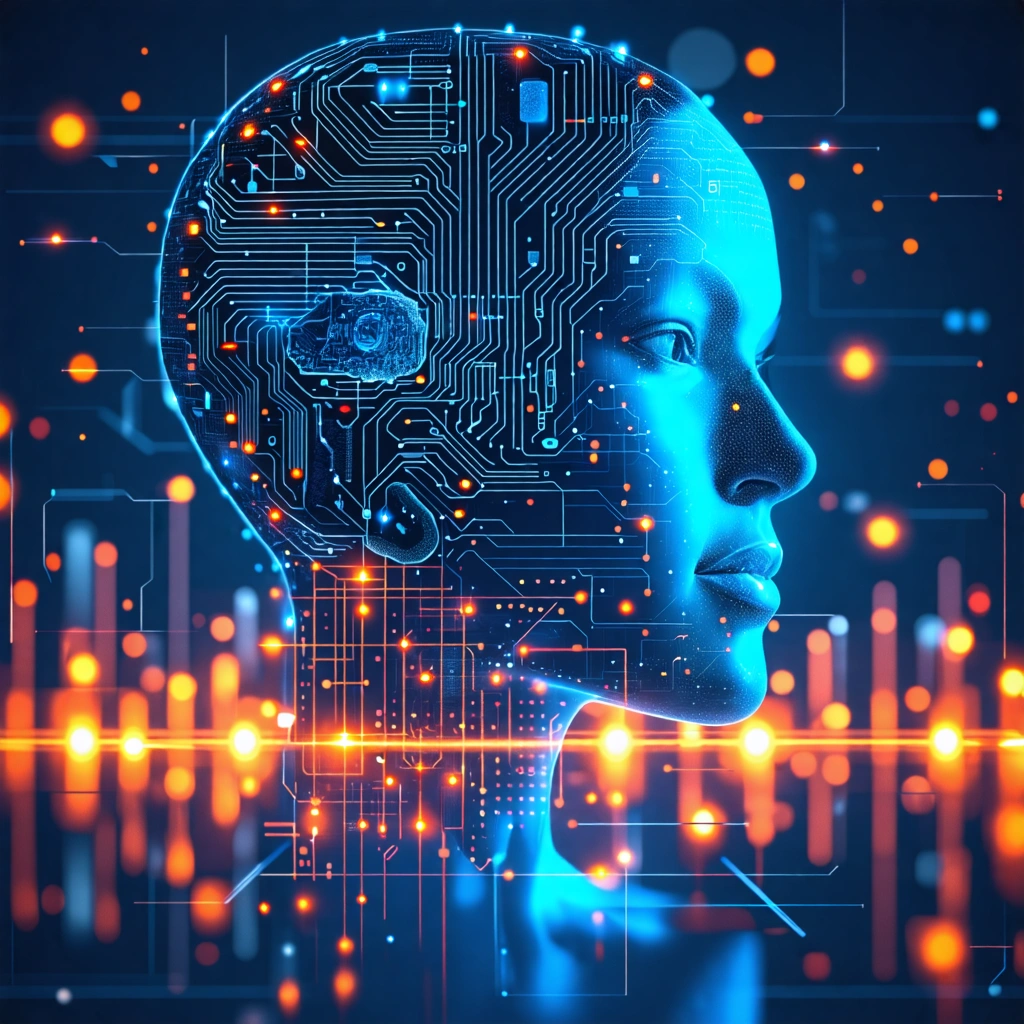
Emerging Trends in Artificial Intelligence and Machine Learning
Takeaways: Artificial Intelligence (AI) and Machine Learning (ML) are rapidly evolving fields with significant implications for various industries. Key trends include the rise of generative AI, enhanced natural language processing (NLP), AI ethics, and the growing importance of data privacy. Understanding these trends is crucial for businesses and individuals looking to leverage AI in their operations.
Introduction to AI and ML Trends

1. The Rise of Generative AI

Generative AI allows businesses to automate content generation, aiding marketers in creating personalized ad copy and social media posts. In addition, it can streamline design processes, enabling creators to generate unique graphics and layouts with minimal input.
As generative AI continues to improve, we can expect increased integration into creative industries, leading to new forms of collaboration between human and machine. However, this trend also raises questions about copyright, authenticity, and the potential for misuse, necessitating discussions around ethical guidelines and regulations.
2. Enhanced Natural Language Processing (NLP)

Businesses harness NLP to enhance customer service through AI-driven chatbots that can respond to inquiries 24/7, providing instant support and improving user experience. Additionally, companies leverage sentiment analysis to gauge public perception of their brand, products, and services, allowing them to adapt strategies accordingly.
As NLP technology continues to advance, we can expect more intuitive and context-aware interactions between humans and machines. This trend will likely lead to the development of more personalized user experiences, where AI can understand and anticipate user needs based on previous interactions.
3. AI Ethics and Responsible AI

The push for ethical AI involves developing guidelines and frameworks to ensure that AI systems are fair, transparent, and accountable. Organizations are increasingly investing in AI ethics committees and guidelines to mitigate risks associated with algorithmic bias, ensuring that AI technologies serve all communities equitably.
Moreover, the importance of data privacy continues to grow as businesses collect vast amounts of personal data to train AI models. Regulations like the General Data Protection Regulation (GDPR) in Europe are setting standards for data handling, prompting companies to adopt more transparent data practices. This trend towards ethical AI reflects a broader societal demand for technology that prioritizes human rights and social responsibility.
4. The Growing Importance of Data Privacy

Organizations are now prioritizing data protection measures to comply with regulations and build consumer trust. Implementing robust data governance frameworks and encryption protocols is becoming a standard practice. Furthermore, the rise of privacy-centric AI models that minimize data usage while maintaining functionality is an emerging trend that addresses these concerns.
As consumers become more aware of their data rights, companies will need to adopt transparent practices and empower users with control over their personal information. This trend not only enhances consumer trust but also ensures compliance with evolving regulatory landscapes, making data privacy a key focus for businesses leveraging AI technologies.




